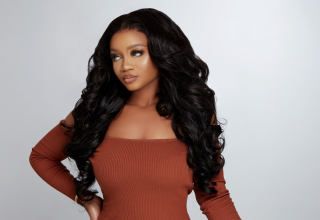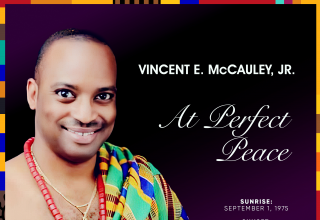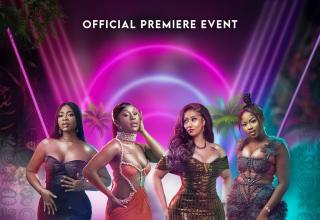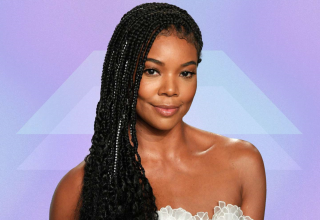
A New York federal court has ordered Ed Sheeran to make available details about his ‘Thinking Out Loud’ ticket sales and merchandise sold at his concert.
The decision by the federal court follows Sheeran’s battle with multiple plaintiffs that his ‘Thinking Out Loud’ song infringes the Marvin Gaye classic ‘Let’s Get It On’. Among these plaintiffs is Structured Assets Sales, founded by Investment banker David Pullman. The Hollywood Reporter confirms that Pullman’s company made a splash in the late 1990s by scrutinizing future royalties to musical intellectual property. One of the deals made was with a child of Ed Townsend Jr, the late songwriter who co-wrote ‘Let’s Get it On’.
Aside the demand to see concert revenues and expenses, the court stands that Sheeran does not have full rights to perform ‘Thinking Out Loud’ anywhere before a final ruling of the court is made.
Following up on the case, Sheeran’s attorney Donald Zakarin has made attempts in defending his client, insisting that the disclosure of concert ticket sales is totally unnecessary because of lack of ‘casual nexus’ between the alleged infringement and concert income. He further argues that Sheeran had authority to perform ‘Thinking Out Loud’ even if a jury eventually concludes the song is a rip-off. His reason being that, each of the concert venues where Sheeran performed held valid blanket licenses from performance rights organizations ASCAP and BMI, which had ‘Let’s Get It On’ in its repertory.
ASCAP on their part has submitted a declaration that verified that all of the promoters and presenters of Sheeran’s concerts had licenses to perform publicly all of its works including ‘Let’s Get It Out’. The submission however does not favor Sheeran completely, since the Louis Stanton, the judge presiding over the case has issued a statement saying, “The defendant’s argument lacks foundation. There is no ‘right’ to infringe. BMI’s and ASCAP’s blanket and venue licenses could not grant a right to infringe, for there never was one. Absent inapplicable exceptions, neither the author nor any licensee of an infringing work has the right to perform it publicly.”










